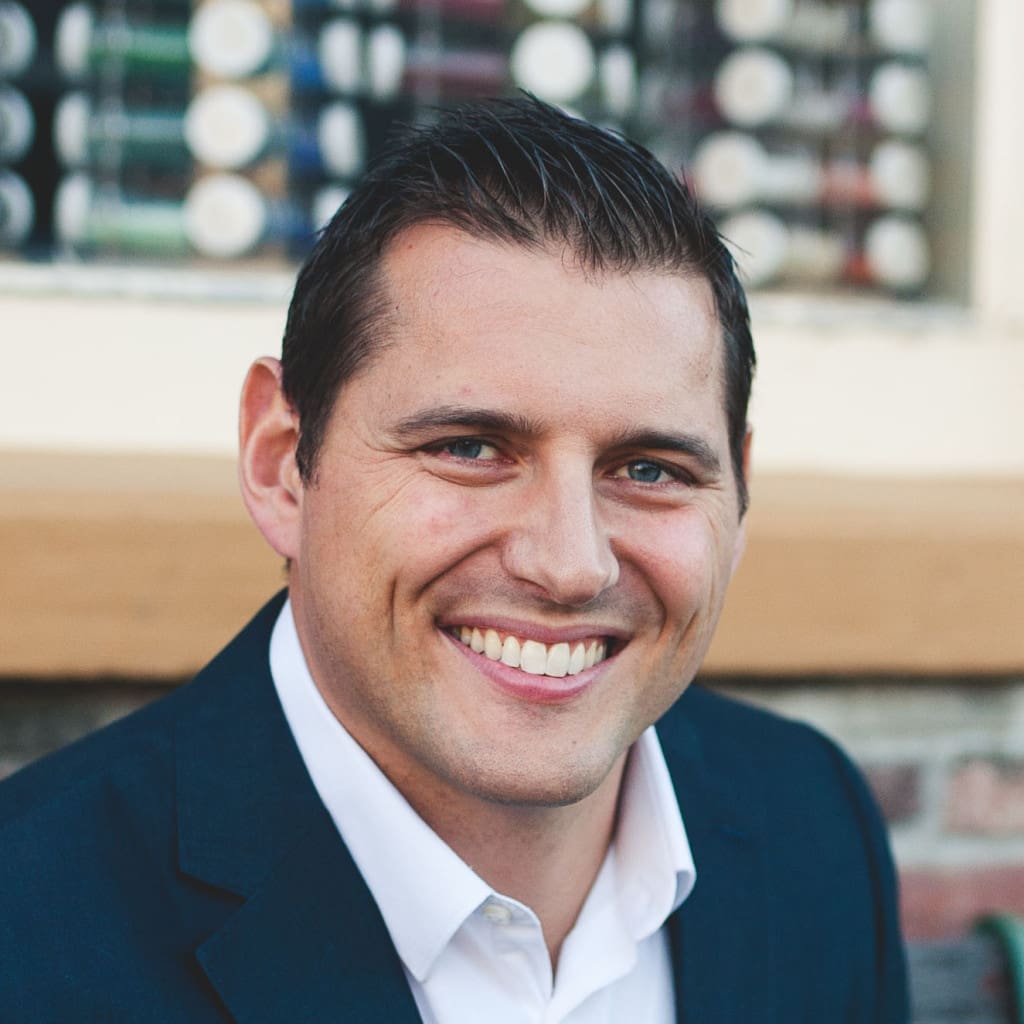
It’s not difficult to be a saint.
Nothing brings us to despair faster than a sense of meaninglessness, a lack of purpose in our lives.
These feelings of worthlessness lead us to seek outlets in various types of relationships, often of a physical or emotional nature, or in partying, alcohol, or drugs, as we seek to numb the pain. We are simply hard-wired for infinite happiness; and when we don’t find it, we’ll search for it in any way we can.
Often, our battles for chastity and purity mask even deeper struggles: we feel lonely or depressed, so we seek sexual attention, or we turn to pornography. These “pick-me-ups” can be addictive, as we get used to turning to them in our down moments. In these situations, the advice can’t be simply “not to do it.” Rather, we need to fill our hearts and minds with good things at a deep level. If we’re seeking sexual attention or gratification due to an aching heart which yearns for infinite happiness, then the answer ultimately lies in embracing the Infinite Good which alone can satisfy the human heart. For my part, only when I gave my life to Jesus in a definitive and unabashed way did I find the strength to fight the battle for sexual integrity and purity—but not before.
We are made for more than what this world has to offer. Our lives are part of a story that transcends what we can see, and we each have a part to play—a part that perhaps won’t be played unless we answer the call. Seeing the true meaning of our lives and the mission to which we are called goes a long way toward fighting the battle for sexual purity, since distractions (e.g., social media) and especially a lack of meaning in our lives often pull us into sexual sin.
One person that illustrates the reality of God’s plan for our lives is St. John Paul II, a person who truly altered world history. Now, we might be thinking, “Sure, but he’s one in a million.” And in a sense, that’s true—we can’t all be John Paul II. But what is fascinating are the people behind the scenes, the ordinary folks who were instrumental in forming the man who later became pope. One such figure is Jan Tyranowski.
Tyranowski was a tailor and just happened to hear a homily in 1935 in Krakow where a Salesian priest proclaimed, “It’s not difficult to be a saint.” For whatever reason, this particular line hit Tyranowski and sparked in him an intense spiritual renewal. Tyranowski dedicated himself to prayer in a powerful and committed way, diving deeply into the spiritual doctors of the Church, especially Sts. John of the Cross and Teresa of Avila.
In May of 1941, the Nazis raided this parish, shipping off several of the priests to concentration camps (their pictures are featured in a side chapel in this parish today). One of these priests, for example, was Blessed Jozef Kowalski; he was ordered to grind rosary beads under his foot. After refusing, he was drowned in a barrel of feces. He was only 31 years old at the time.
This same parish was home to Karol Wojtyla (later John Paul II) when he and his father moved to Krakow for his university studies in 1938. In other words, these heroic Salesian priests were some of the role models forming the young college-aged Wojtyla.
When these priests were rounded up by the Nazis, youth outreach at the parish fell to lay leaders—one of whom was Jan Tyranowski.
Tyranowski formed “Living Rosary” groups, groups of fifteen young men. Each group was led by a more advanced young man—and all were mentored by Tyranowski. Some 60 men were involved in these groups during the Nazi occupation of Poland, ten of whom eventually became priests, including the future John Paul II.
Later as pope, when John Paul II reflected on the lay vocation and the universal call to holiness, he held Tyranowski up as the exemplar (in fact, Tyranowski is now “Servant of God,” a step toward potentially becoming a saint). I’ll never forget the first time I prayed in front of Tyranowski’s remains which are housed in this same parish today; I got chills thinking about how this one man played such a momentous role in the history of the Church and the world, though he surely didn’t know it at the time.
When Tyranowski heard that homily in 1935, there is no way he could have realized the amazing part in store for him. But because he answered the call then, he was prepared for the task that lay ahead.
We have no idea how infinitely valuable our lives are in the eyes of God. By heroically saying “yes” to our Lord—even when we don’t feel like it—we prepare for and make possible our “yes” in the future, when moments might be of even greater significance. But we never really know when those moments will occur, and their full significance only becomes clear in hindsight. This was certainly true for Tyranowski.
Tyranaowksi could have given in to despair and loneliness, temptations which often lead to sexual sin. But he didn’t. He saw his life in light of faith and knew that God had a plan for him. When we have a sense of meaning and purpose in our lives, it’s amazing what we can get through. But when we experience a lack of meaning in our lives, it’s remarkable how the small things can bring us to despair.
By trusting that there is a divine narrative at work, a plot we can’t always see, we are able to persevere. And by persevering, we will change the course of history—and eternity—one person at a time. That’s what Tyranowksi did. Indeed, one person can make a difference.
If you have any interest in encountering God on a pilgrimage, my wife (Sarah) and I (and our four children) are leading a pilgrimage to Poland and Rome this upcoming Holy Week (2018). We will be reliving the story of St. John Paul II, from Krakow to Rome. For more information, click here.
_____________________________
 Andrew Swafford is associate professor of Theology at Benedictine College. He holds a doctorate in Sacred Theology and is author of John Paul II to Aristotle and Back Again and Spiritual Survival in the Modern World. He and his wife Sarah live in Atchison, KS with their four children.
Andrew Swafford is associate professor of Theology at Benedictine College. He holds a doctorate in Sacred Theology and is author of John Paul II to Aristotle and Back Again and Spiritual Survival in the Modern World. He and his wife Sarah live in Atchison, KS with their four children.